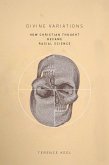
Broschiertes Buch
How Christian Thought Became Racial Science
19. März 2019
Stanford University Press
| Gebundenes Buch | 126,99 € |
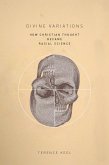
Gebundenes Buch
How Christian Thought Became Racial Science
9. Januar 2018
Stanford University Press
Ähnliche Artikel

Broschiertes Buch
McDonald's in East Asia
2 ed
13. März 2006
Stanford University Press
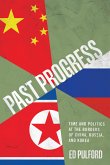
Broschiertes Buch
Time and Politics at the Borders of China, Russia, and Korea
7. Mai 2024
Stanford University Press
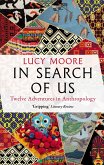
16,99 €
Sofort lieferbar
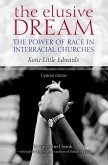
Broschiertes Buch
The Power of Race in Interracial Churches
Updated Edition
1. Oktober 2021
Oxford University Press Inc
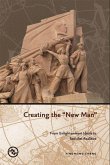
Gebundenes Buch
From Enlightenment Ideals to Socialist Realities
1. Dezember 2008
University of Hawai'i Press
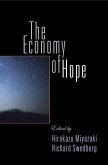
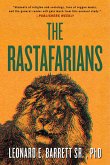
27,99 €
Versandfertig in 2-4 Wochen
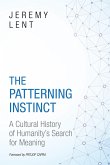
24,99 €
Versandfertig in über 4 Wochen
Gebundenes Buch
A Cultural History of Humanity's Search for Meaning
23. Mai 2017
Prometheus Books
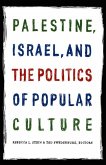
Broschiertes Buch
13. Juli 2005
Duke University Press
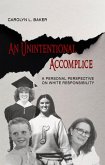
26,99 €
Versandfertig in 2-4 Wochen
Broschiertes Buch
A Personal Perspective on White Responsibility
15. Juni 2020
2Leaf Press
Ähnlichkeitssuche: Fact®Finder von OMIKRON
